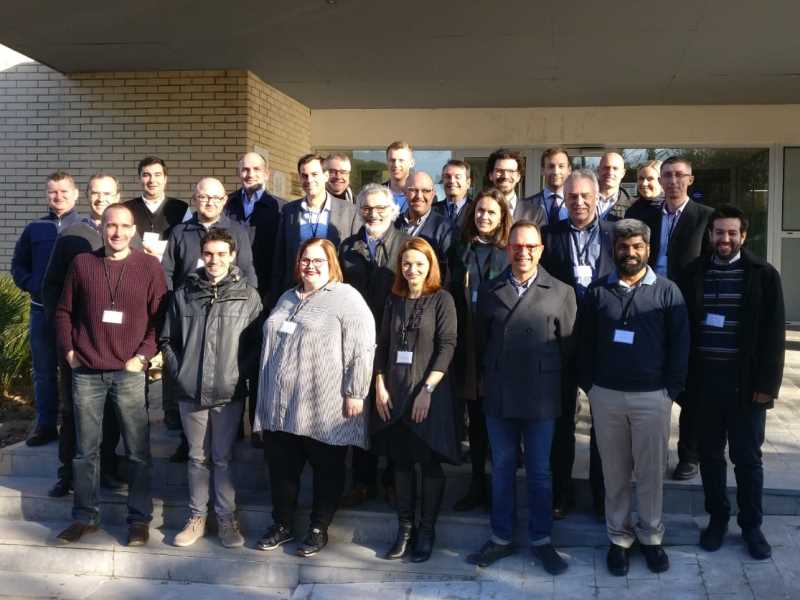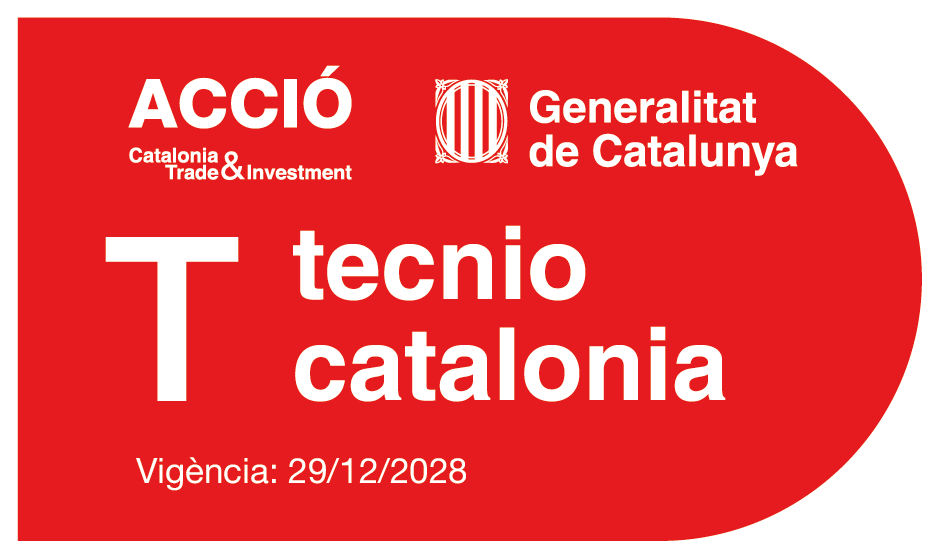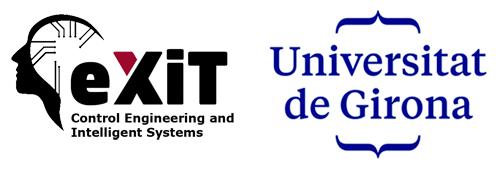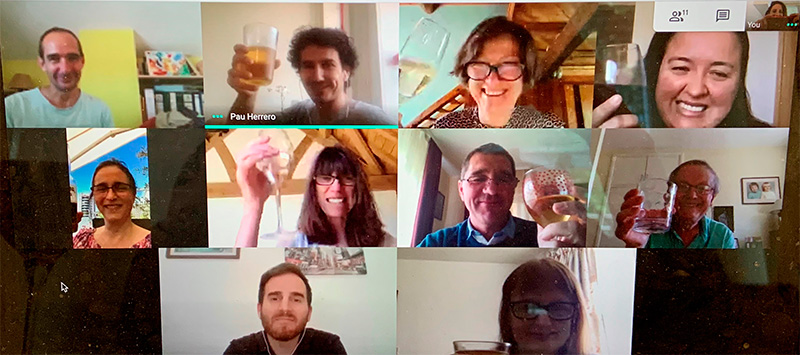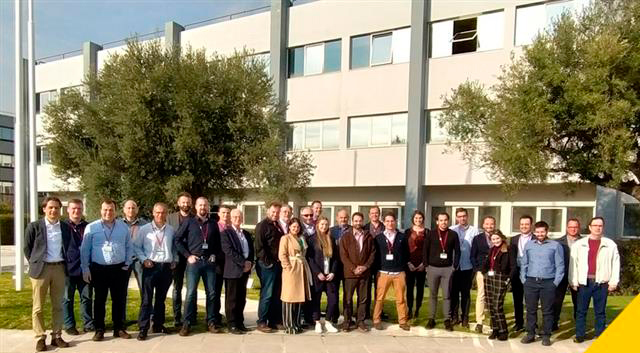Energy Islands Research’s
On December 1st the European E-LAND research project (Integrated multi-vector management system for Energy islands) began. It has a duration of 42 months and is coordinated by the research group eXiT (Intelligent Systems and Control Engineering, http://exit.udg.edu) from the University of Girona(UdG).
E-LAND is a collaborative project that is a part of the HORIZON 2020 European strategy for research and innovation (IA, Innovation action). It has been selected in the first place in the call and has a budget of € 6.2 M.
The consortium, coordinated by the UdG and a Norwegian innovation center (Smart Innovation Norway), has a total of 12 partners fromNorway (Schneider Electric Norge AS, Borg Havn AS and Institute for Energy Technology), Finland (Vaasaett Ltd Ab Oy), Germany (Reiner Lemoine Institut), Romania (Universitatea Valahia din Targoviste i Associatia Centrul de Resurse pentru Eficienta Energetica), Switzerland (University of St Gallen), Spain (Instrumentation and components SA) and Greece (Intracom SA).
The goal of E-LAND is to transform the way in which energy is produced, stored and consumed in the context of energy islands.
The innovation of E-LAND is carried out in three aspects: technology, community and business to reach energy islands that minimize the production of CO2 using multiple sources of energy.
The final product will be a set of technology tools for data mining, community involvement and modular business models that can be adapted to local needs, expandable to incorporate new tools and interoperable with existing systems based on standards.
From a technological point of view, E-LAND will provide the communication and flow of information between various energy systems to create an integrated and modular solution to optimize energy management in the context of isolated communities.
From the social point of view, E-LAND will incorporate the citizens and other actors of the community as part of the solution. The involvement of citizens in the creation of solutions will facilitate the acceptance of new technologies and the behavioural changes necessary to guarantee the energy efficiency and independence of isolated communities.
Finally, the business models of the energy infrastructure must adapt to the energy transition, with the growth of renewable energies, the new storage possibilities and the new mining tools in this island context energy.
E-LAND will be applied to three communities with different characteristics in three pilot tests: the port of Fredrikstad in Norway, the campus of the University of Targoviste in Romania, and the WALQA technology park in the province of Huesca, Spain. These three pilots will be able to test various sources of energy, storage technologies and types of consumers.
The project was launched nn January 15th and 16th at the University of Girona with more than thirty researchers from twelve participating institutions and representatives of the European Commission.
